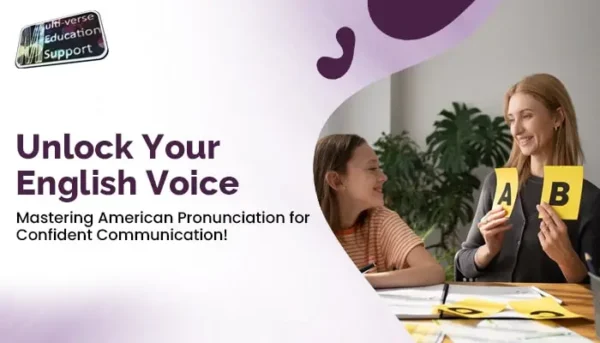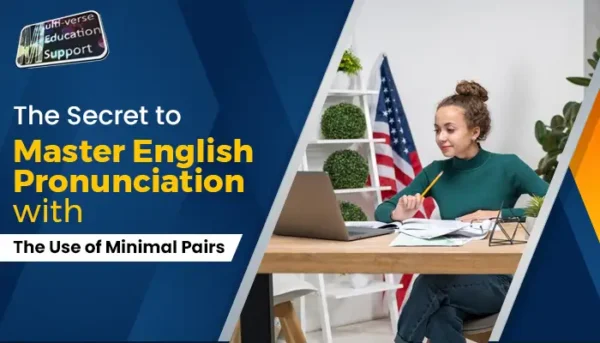Get Over Your Accent: Accent Reduction Techniques Helps You On the Journey
- April 18, 2024
- Posted by: Prosenjit Das
- Category: Language Learning

Accents are something that gives our speech a unique identity. While it is appreciated by some, but for those who have a heavy-accent, communication becomes a barrier.
English is one of the most spoken languages in the world and if you have an accent that makes this language difficult to understand by others then you need accent reduction techniques to help out.
Accent reduction primarily involves working on intonation. It is how melody, rhythm and speech are used to combine phrases of a word together. When you learn how to speak English with the correct usage of intonation then you would ultimately be able to clear your speech without your accent becoming a challenge.
Before Beginning on Accent Reduction Journey
Now, prior to getting started on the path of accent reduction, here’s something you need to make sure: do you really need this English pronunciation practice.
Here’s how you can know. Ask yourself these questions –
- Do you speak fast, choppily or forcefully?
- Do you mistakenly skip syllables or sounds when speaking?
- Do people comment on how you mumble when you speak?
- Do others ask you to repeat what you said too often?
- Do others have a hard time understanding your speech?
If the answer to these questions are all ‘Yes’ then you definitely need accent reduction classes.
A Few Tips for Accent Reduction
Once you decide to hop on the accent reduction ride, you can start by enrolling in an accent reduction class. We at Multiedsupport offer an accent reduction course to make your English better for communication. But a little extra practice does wonders to overcome this challenge quickly, right? Here we have a few pronunciation exercises that can help in accent reduction.
Make Effort to Speak Slowly
Not fast, not forcefully spewing the words instead at a slow pace. That’s the first thing to keep in mind and practice. Slow spoken words can help you to enunciate them more clearly.
Speaking slowly also gives other people more time to focus on what you are saying. Ask your friends and family which words they find difficult to understand.
Make sure to target those words when you’re practicing pronunciation next time.
Prioritize on Speaking the Consonants
Practice to speak your consonants at the start, in the middle and at the end of uttering words. This small pronunciation technique can make a huge difference.
The consonant letters in the English alphabet are: b, c, d, f, g, h, j, k, l, m, n, p, q, r, s, t, v, w, x, y and z. For a majority of non-native English speakers, the “r” letter is difficult to master, so be sure to put a little extra effort practicing that.
Learn to Intonate
As earlier mentioned intonation is all about the sound, rhythm and melody of the speech. The rise and fall of how you speak makes a lot of difference.
Lowering your voice just before a period or comma when practicing aloud can help you master the accent. The subtle changes like this intonation help the listeners understand your speech clearly. In this particular case, they’ll know when you’re ending the sentence or at the end of a sentence.
Want more tips and techniques for accent reduction? Visit Multiedsupport and find the right course to get started on the journey.
Related Blogs







